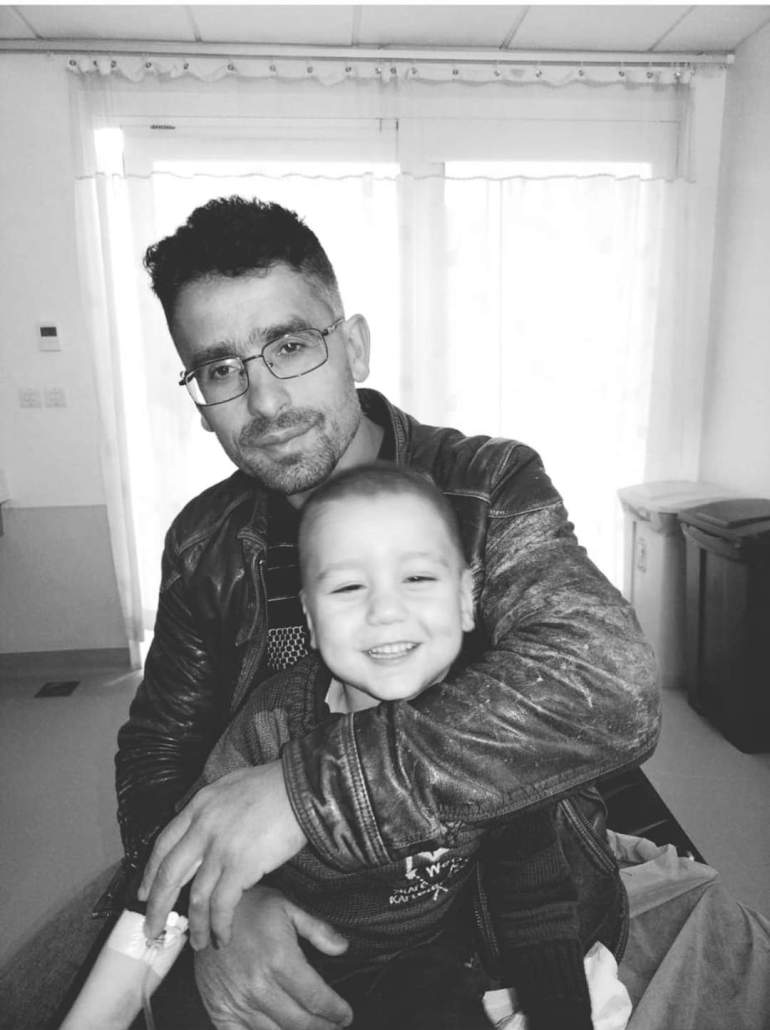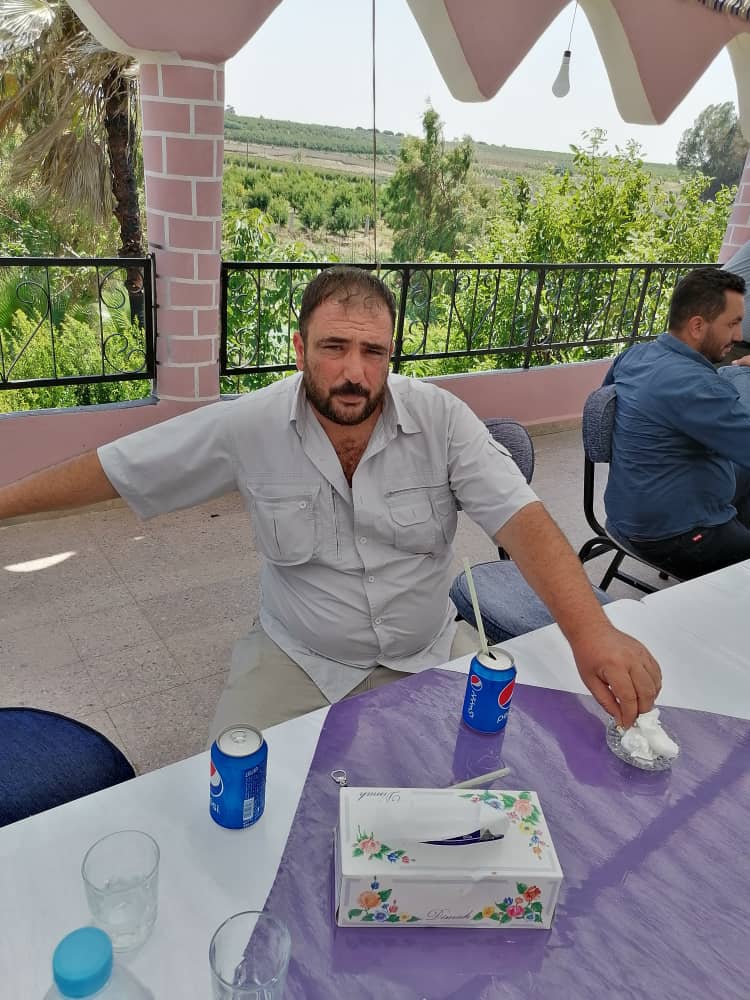Syrians lose hope for loved ones after Greece boat tragedy
Al Jazeera speaks to the relatives of three Syrian fathers assumed dead after an overloaded fishing trawler sank off Greece.
![A Syrian survivor reunites with his brother at a reception and identification camp in Malakasa, Greece [Stelios Misinas/Reuters]](/wp-content/uploads/2023/06/2023-06-19T095647Z_237171448_RC2UL1AR36D5_RTRMADP_3_EUROPE-MIGRANTS-GREECE-SHIPWRECK-1687363408.jpg?resize=770%2C513&quality=80)
A week after an overloaded boat carrying hundreds of refugees and migrants sank off the western coast of Greece, details of those feared dead are emerging.
Most of those on board – estimates range from 400 to 750 – were Pakistanis. Dozens of Egyptians, Syrians and Palestinians also risked their lives for an opportunity to reach Europe on the fishing trawler that departed from Libya.
Keep reading
list of 4 itemsQuestions remain after Greece boat disaster
‘Heinous crime’: Pakistan makes arrests after Greece boat tragedy
Mourning in Pakistan as hundreds die in Greece boat tragedy
Among the Syrians still missing is a father who was desperately seeking cancer treatment for his son, Al Jazeera has learned.
Thaer al-Rahal, a 39-year-old who hails from the city of Inkhil, in the Daraa countryside, was a resident of the sprawling Zaatari refugee camp in Jordan.
“Thaer did not like the idea of travelling to Europe, and he always dreamed of returning to his hometown. But the search for a cure for his son who had cancer prompted him to turn to the treacherous sea,” his cousin, Abdul Rahman al-Rahal, told Al Jazeera.
Al-Rahal worked outside the perimeters of the camp in Jordan, at a vegetable market.
“The cancer that struck his young child, Khaled, upended his life and forced him to spend most of his time at work. His wife spent all her time with the child in hospitals. This meant that their three other children were left alone without care,” Abdul Rahman said.
The boat capsized in the Ionian Sea in the early hours of June 14. At least 82 are confirmed dead and, so far, only 104 survivors have been found. The fate of hundreds is yet unknown. Most of those who boarded the boat were men. Reports suggest no women or children are likely to have survived since they were held below deck, perhaps in an attempt to protect them from adverse weather conditions.

Thaer’s family funded his trip. He borrowed large sums of money before his departure, promising he would pay it back when settled and working in Europe.
“Thaer made the decision to travel and risk his own life to save his son’s when he learned that Khaled needed a spinal cord transplant, which is a rare and expensive treatment that the family could not afford,” Abdul Rahman said.
His three sons and daughter – Khaled, 13-year-old Shahd, nine-year-old Maan and eight-year-old Maher – have not only lost their father but also their hopes for Khaled’s treatment.
Tragedy also befell the family of Ahmad Yousef al-Nayef, 50, who resided in Tadif in the eastern Syrian countryside region of Aleppo.
The father of seven – four boys and three girls – worked as a day labourer.
“He wanted a better life for his children, but our living conditions worsened in the last 10 years. We had to leave our home and move to several places until we settled in an area that is considered the first line of contact between the Syrian government regime and the opposition in Tadif,” his wife, Ayoush al-Hassan, told Al Jazeera.
With his children crammed into a one-room apartment with a leaky roof, al-Nayef decided to travel to Libya three months ago. He wanted to reach Europe and get a job “that would provide the family with a good income and a good life”, his wife said.
“He was very affectionate and thoughtful. As soon as he finished work, he liked to come home immediately to be with the family.”
She is now preparing for the worst news.
The disaster was the third major boat wreck recorded since February.
In February, more than 60 people died when a boat capsized near the southern Italian region of Calabria. Two months later, 57 bodies were washed ashore in Libya after two boats carrying refugees sank in the Mediterranean.
Abdel Nasser al-Zaouqi, 43, from the city of Inkhil in Daraa, is also understood to have fallen victim to the June 14 wreck.
“My brother left Syria at the end of May to Lebanon, from there to Egypt, and then to Libya. June 8, at 17 minutes past eight in the evening, was the last time I had contact with my brother,” Khaled al-Zaouqi told Al Jazeera.
Khaled lives in Germany and has travelled to Kalamata, the Greek city where survivors are being kept, awaiting news of his brother.
He believes that Abdel Nasser made the dangerous journey because as a Syrian dissident, he feared for his life.

He was a truck driver travelling between several countries, including Jordan, Iraq and Turkey. After the outbreak of the Syrian revolution, he moved to work with his extended family in agriculture.
“Abdul Nasser was the closest and dearest of my brothers to me,” Khaled said. “The two-year age gap between us made our relationship as friends stronger than that as brothers. No one can know him without loving him.”
The family has accepted the probability that Abdel Nasser has perished at sea.
“We are mourning his loss; the pain in our hearts is great and his loss is unforgettable. But his spirit will remain alive in our hearts and in our lives.”
Reporting by Ali Haj Suleiman in Idlib, Syria and Dalia Hatuqa in Amman, Jordan.